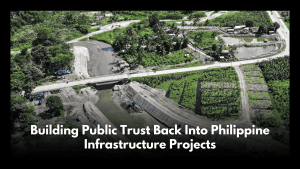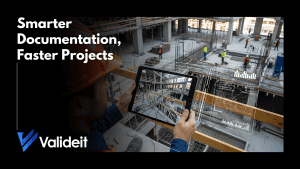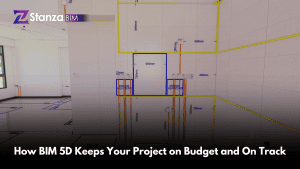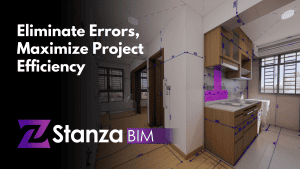Paper-based practices, reworks, delays, and inherent risks in the construction industry have long characterized traditional processes. These conventional methods often result in inefficiencies, hindering the industry’s progress. However, the advent of digitalization in construction marks a significant shift towards a more streamlined and efficient ecosystem.
Traditional Construction Processes:
Paper-based practices have been a cornerstone of traditional construction methods, involving extensive documentation and manual record-keeping. This not only consumes valuable time but also increases the likelihood of errors. Reworks and delays are frequent companions in the construction industry, leading to increased costs and project overruns. Additionally, the risk factor is amplified due to the manual nature of these processes, making it challenging to anticipate and mitigate potential issues.
Digitalization in Construction:
Digitalization in construction refers to integrating of digital technologies and tools to streamline processes, enhance communication, and improve overall project management. Digitalization aims to transform the construction ecosystem by leveraging the power of technology to address the inefficiencies inherent in traditional practices.
Benefits of Digitalization in Construction:
1. Accelerated Project Planning and Management:
Digitalization facilitates a faster pace for project planning and management. Project managers can utilize advanced software to create realistic timelines, allocate resources efficiently, and identify potential bottlenecks in the early stages, allowing for proactive resolution.
2. Lean Construction Planning Software:
Implementing planning software designed for Lean Construction principles ensures a more efficient and resource-conscious approach. This methodology focuses on maximizing value while minimizing waste, promoting a leaner and more sustainable construction process.
3. Lean Planning Process for Timely Projection:
Digital tools enable a Lean Planning Process, ensuring timely projection of project milestones. By leveraging data analytics and real-time information, project managers can make informed decisions, preventing delays and optimizing the construction timeline.
4. Enhanced Project Team Collaboration:
Digitalization fosters better collaboration among project teams. Through cloud-based platforms and collaborative tools, stakeholders can communicate seamlessly, share updates, and coordinate efforts more effectively, reducing the likelihood of miscommunication and errors.
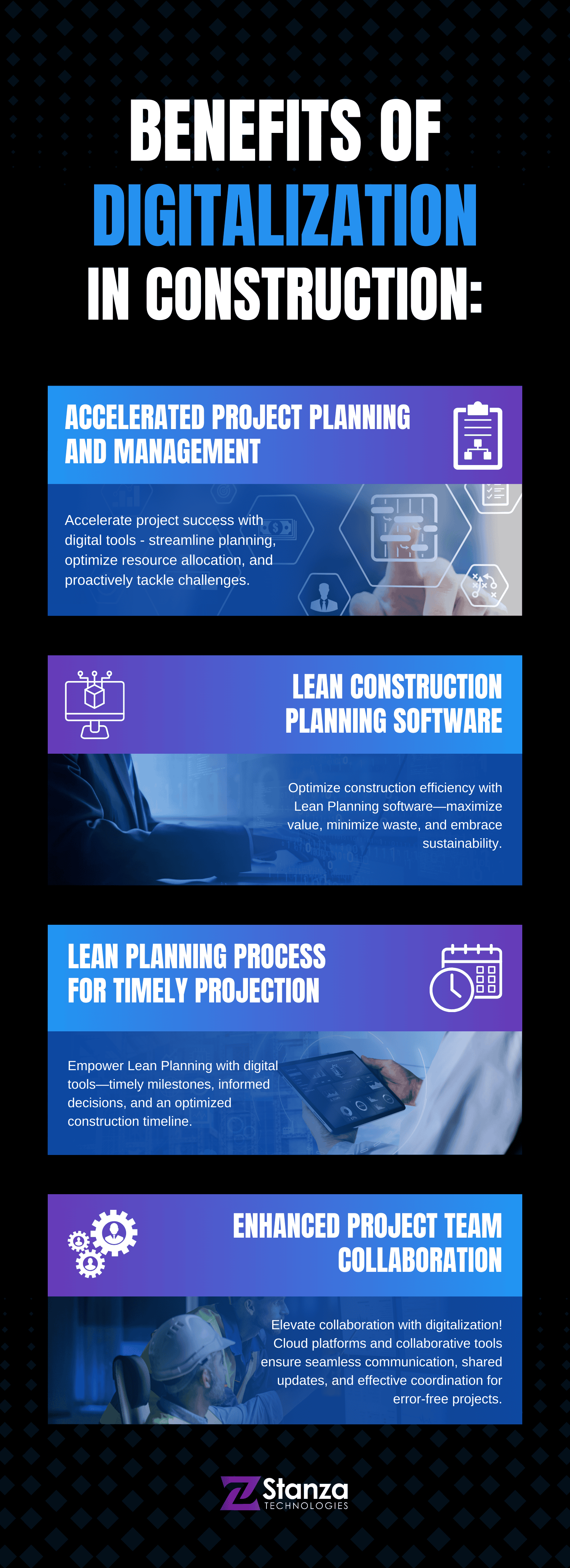
Digitalization in construction represents a transformative force that addresses the shortcomings of traditional processes. The benefits, including accelerated project planning, Lean Construction principles, timely projections, and enhanced collaboration, collectively contribute to a more efficient and resilient construction ecosystem. As the industry embraces digital technologies, the potential for innovation and sustainable growth becomes increasingly promising. The construction landscape is evolving, and digitalization is undeniably at the forefront of this transformative journey.
Reference:
Other: https://www.constructiondive.com/spons/digitizing-the-last-mile-of-data-center-construction/703963/

